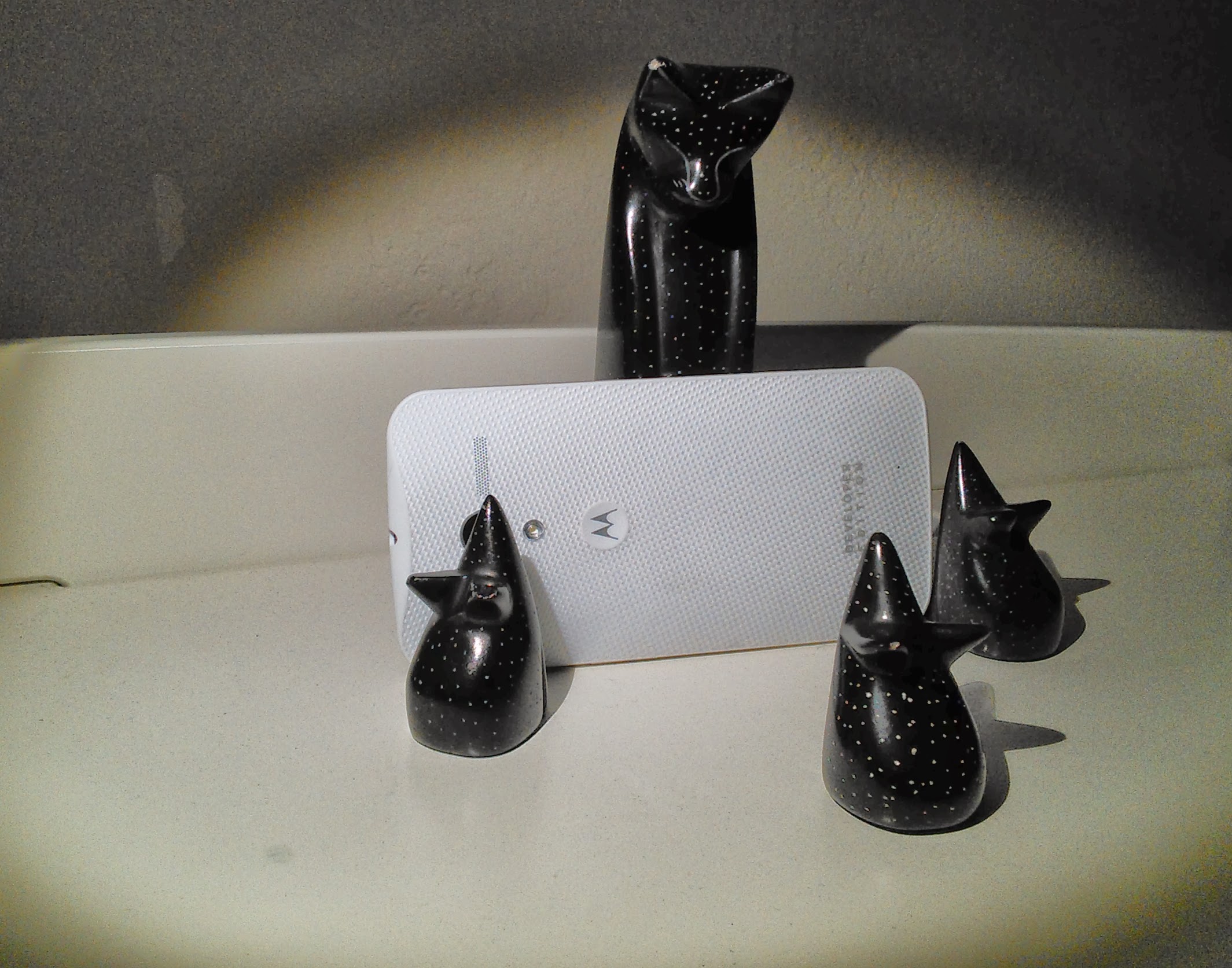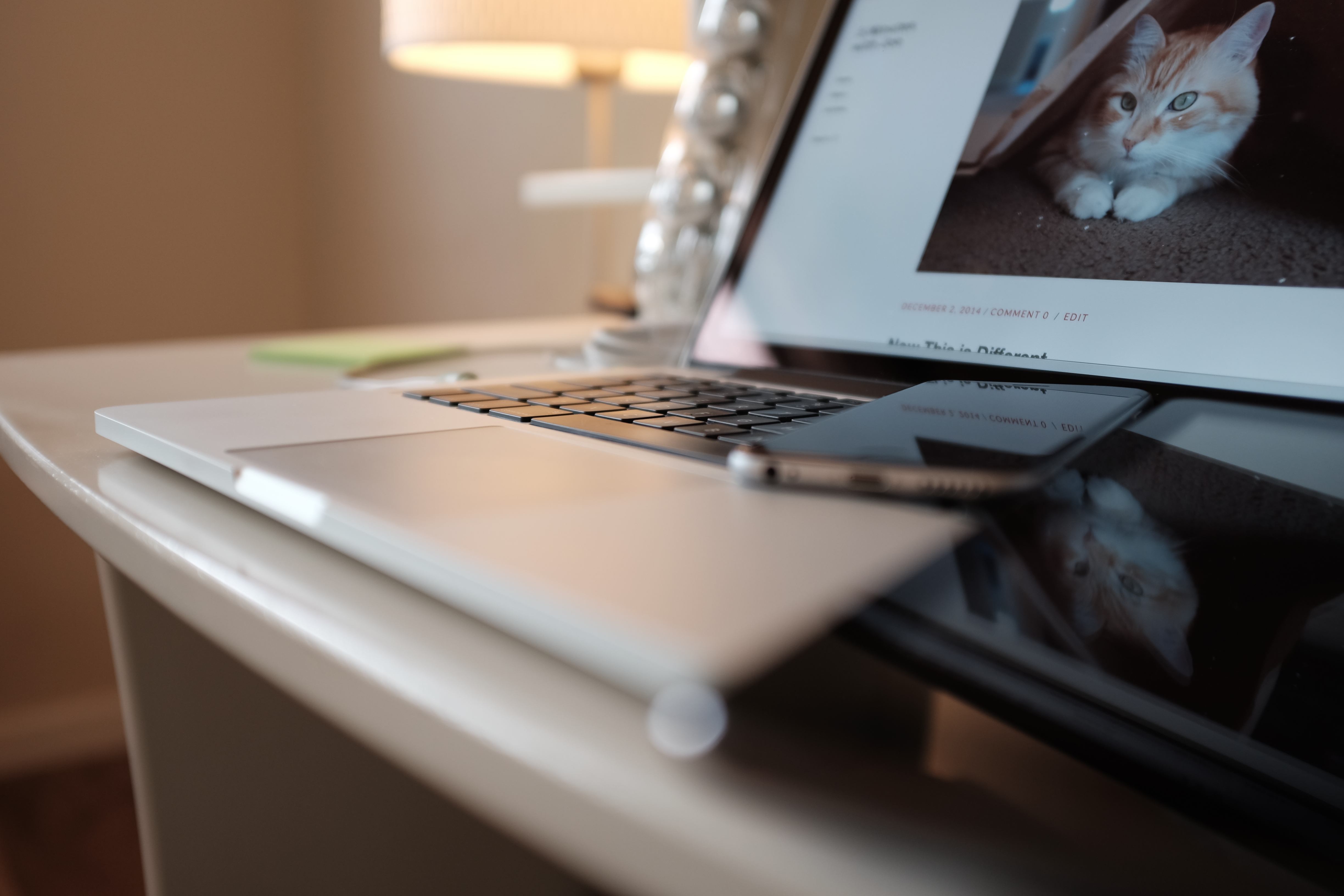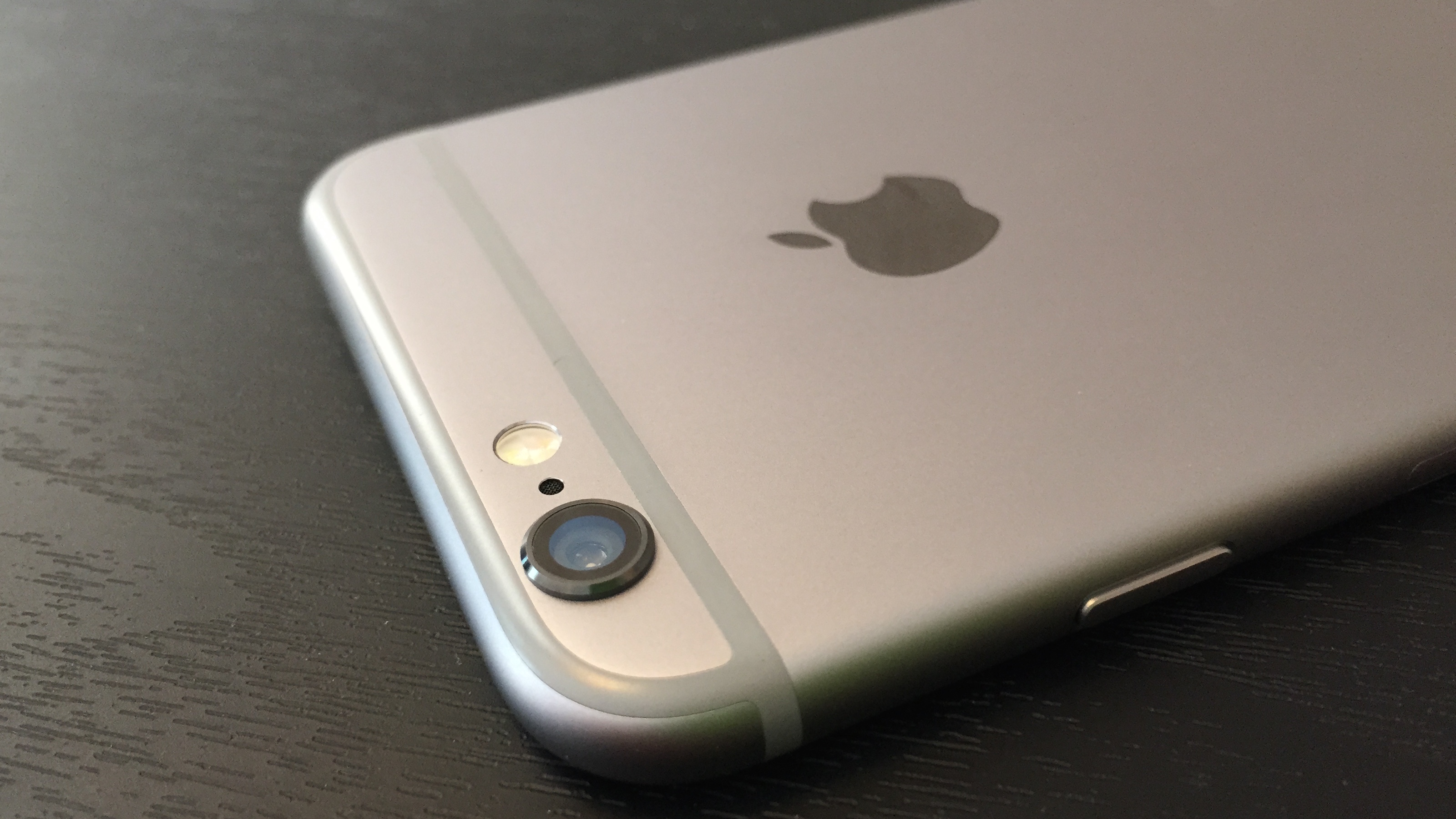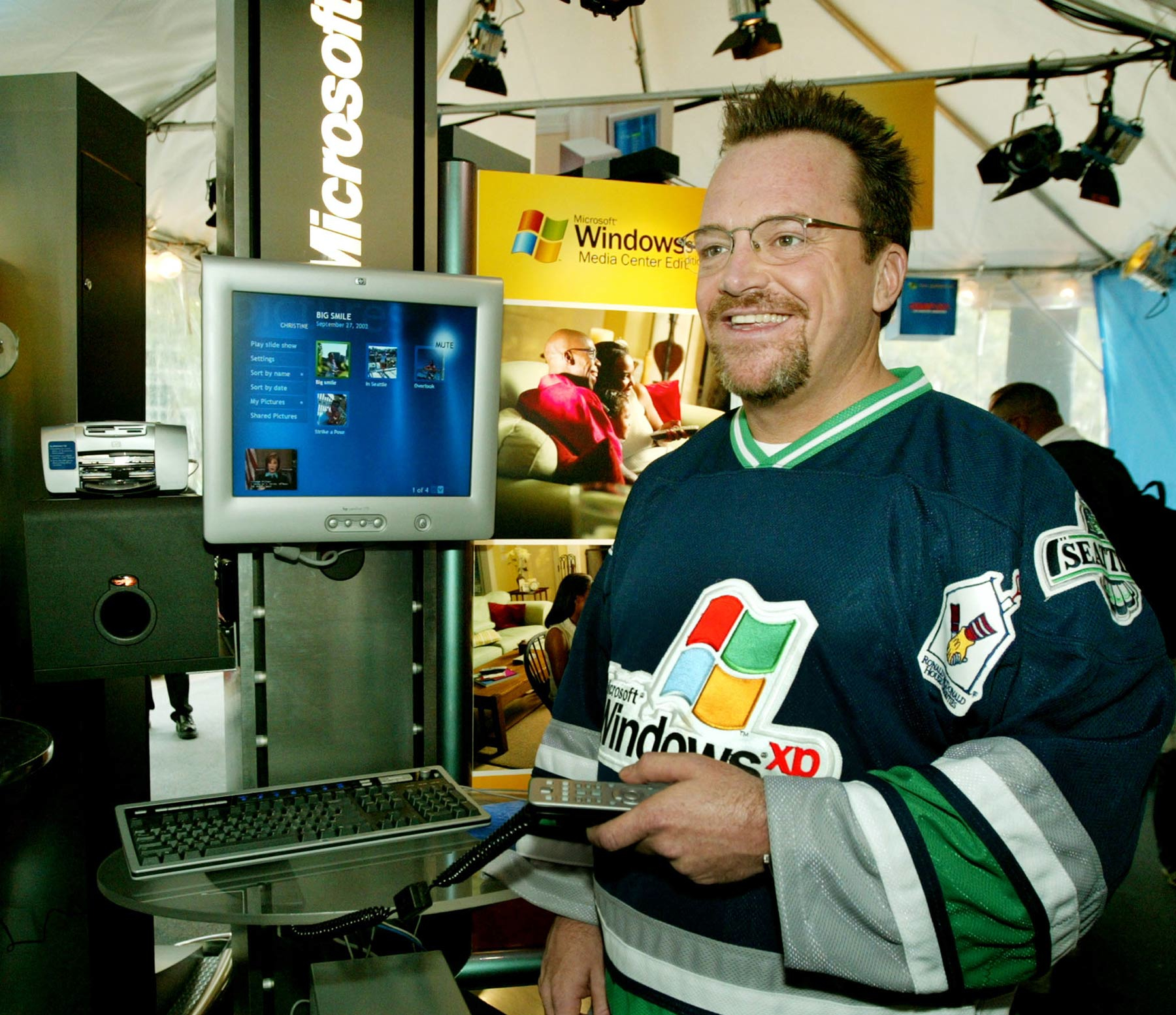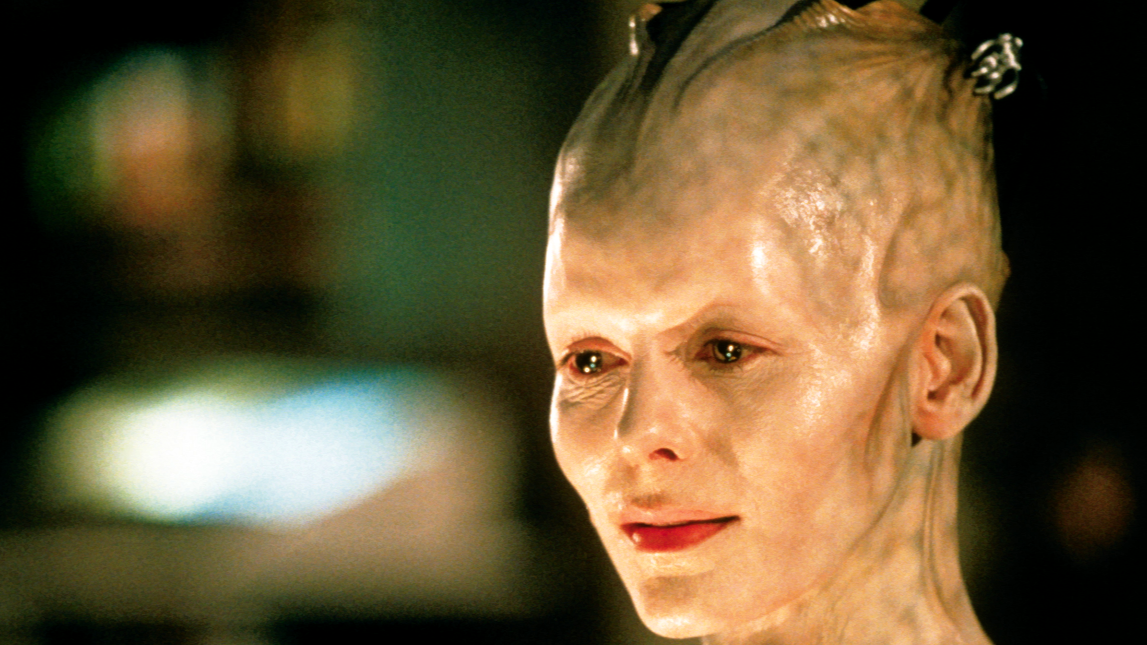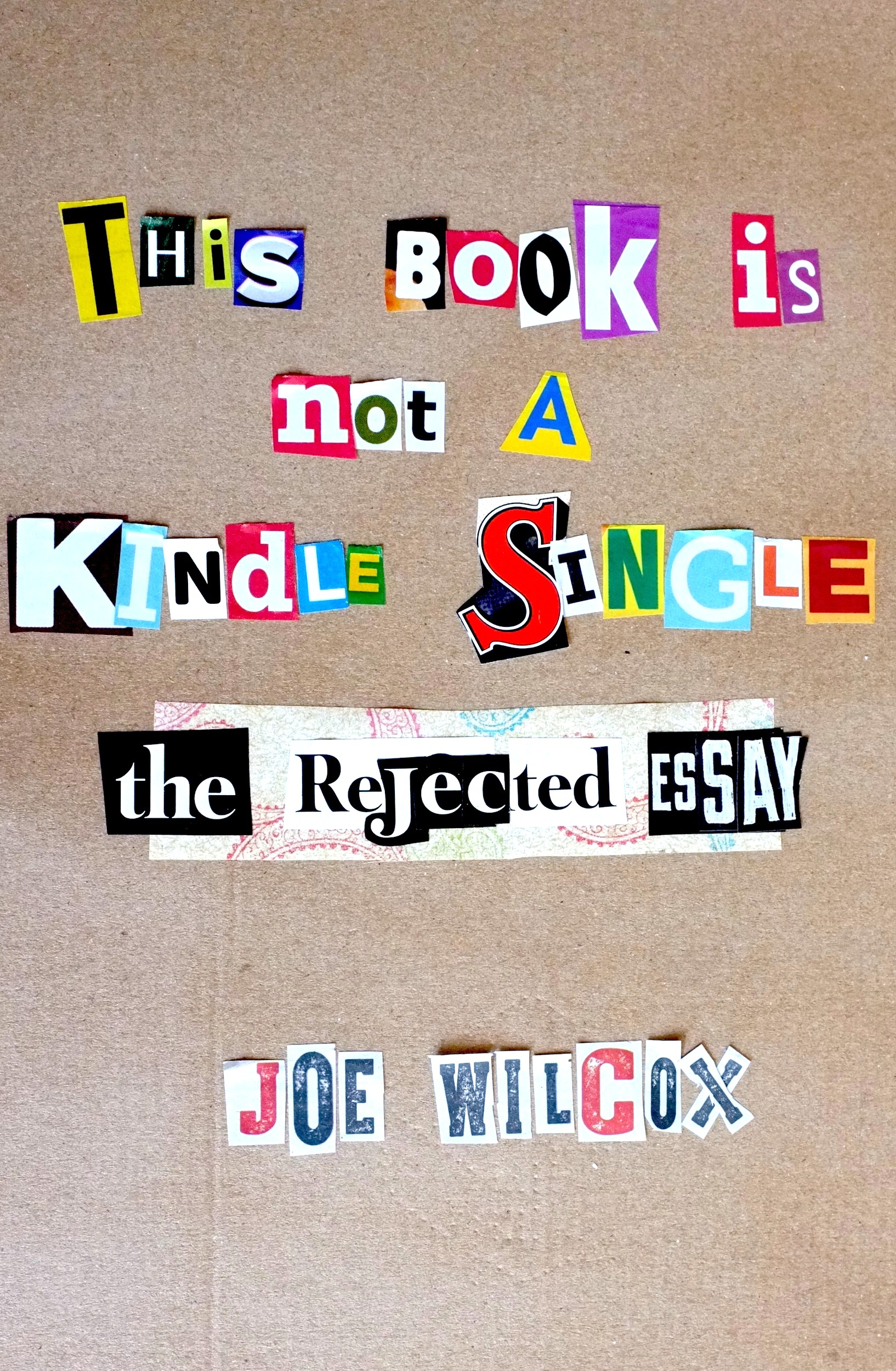I can attest firsthand to the rising health-care costs everyone talks about. My mom went to hospital on January 30th for outpatient surgery. Still woozy from anesthesia, she left her Nokia Lumia Icon Windows Phone in the bed’s blankets. The hospital ships the linens to Canada for cleaning, and, well—cue the violins—that handset is gone to cellphone heaven or into someone’s greedy, grubby hands. Wouldn’t you know, Medicare won’t cover the cost of replacing the phone.
Yeah, I’m being facetious. It helps mellow my frustration buying her a replacement mobile. Mom is done with Windows Phone and must satisfy with an older Android. This post explains why, and how during a big week of new smartphone announcements she gets a—cough, cough—2013 model.
